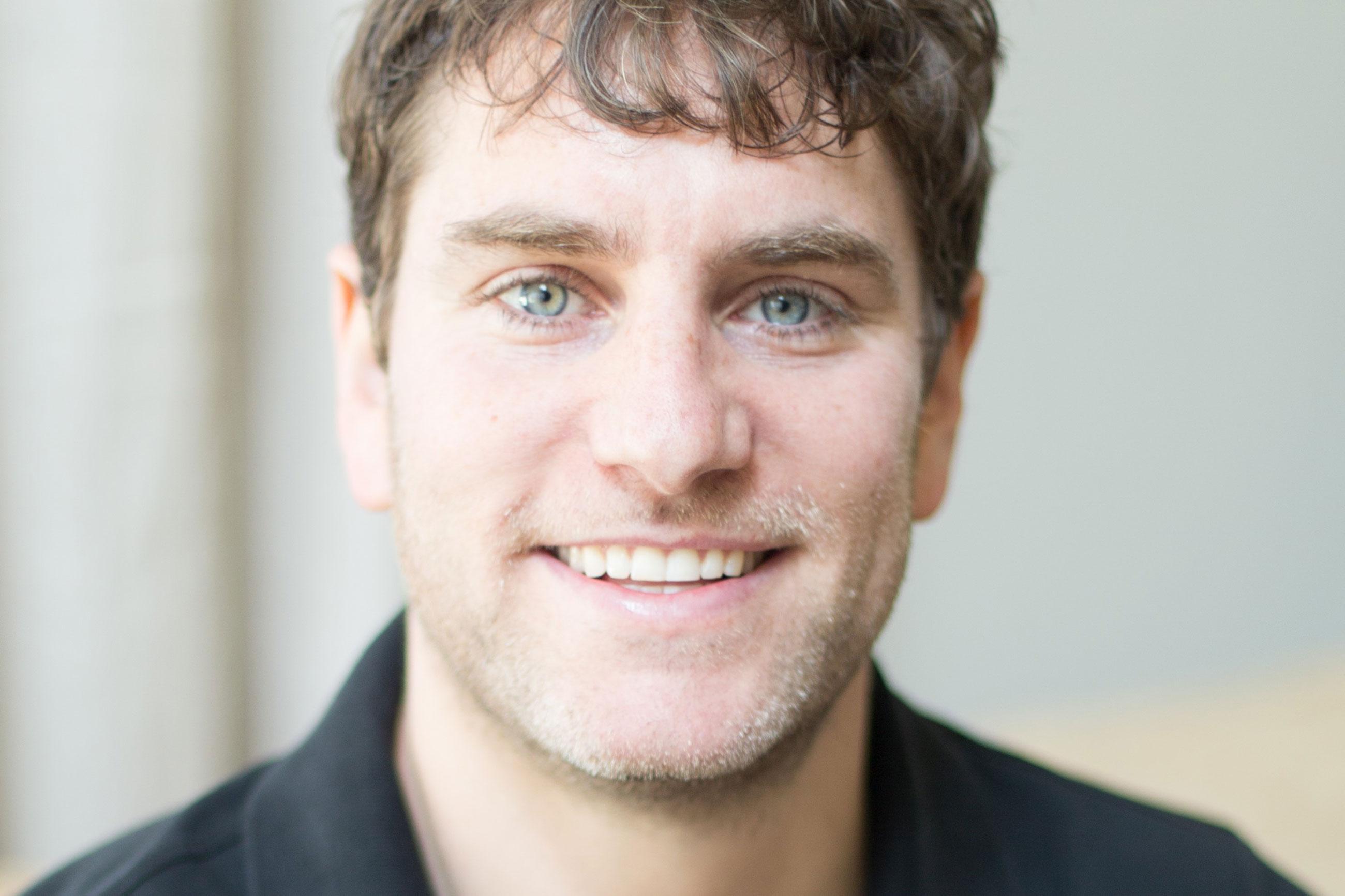
Why Hate Crimes Go Unreported; Singer Dan Fogelberg Joins Colorado Music Hall of Fame; Poetry About Dodging the Draft
The U.S. Department of Justice reports more than half of hate-crime victims don’t call law enforcement. In Denver, the Matthew Shephard Foundation wants to understand why. Also, critics say Denver’s new data-driven policing strategy isn’t properly used. Then, ’70s singer-songwriter Dan Fogelberg’s music was inspired by his time in Colorado. He’s about to be inducted into the state’s Music Hall of Fame. And, Denver poet Robert Cooperman dodged the Vietnam draft, and he’s not sorry. His new collection of poems reveals how and why he, and many others, avoided going to war. Plus, a mistake can shape the rest of your life, as it did for a Boulder climber whose misstep came high in the mountains of Myanmar.

By Ryan Warner

Poems From A Man Who Dodged The Draft
In “Draft Board Blues,” Denver poet Robert Cooperman writes about his objections to the Vietnam war and how he got out of fighting.

By Ryan Warner

Future Of Colorado’s Health Exchange; New State Laws Begin; Pro Bike Race Starts; The Story Of A Spanish Explorer In Colorado
Nearly 200,000 Coloradans buy coverage on the state’s health exchange, but that system could be disrupted by what happens in Washington with Obamacare. The CEO of the exchange tell Colorado Matters about navigating the uncertainty and offers advice in the face of big premium hikes. Then, a new state law provides more legal protection for people who break into hot cars to rescue pets, but they have to make sure the pet is really in trouble. Plus, a look at other new laws taking effect today. And, a new pro bike race starts tomorrow. Can it survive where similar races have failed? Also, Spanish explorer Juan Rivera set out in 1765 to find riches and a tribe of bearded men in Colorado. Montrose archaeologist Steven Baker has written a book about that unusual and little-known journey.

By Ryan Warner

Domestic Violence Reporting Rules Eased For Medical Professionals; Mountain Bike Racing; Murder Mystery in Fictional Front Range Town
Colorado is about to end a requirement that medical professionals report possible cases of domestic violence to police, except in cases of serious bodily injury or for victims under the age of 18. Then, legendary mountain bike racer Dave Wiens hits a new trail — leading the sport’s international association. He hopes both to grow mountain biking and to limit its impact on natural places. And, the new novel “Girl In Snow” opens at a high school assembly with the principal announcing a student has been murdered. The story is set on the Front Range, where the author grew up. And, uncovering secrets of Denver’s Brown Palace Hotel on its 125th birthday.

By Ryan Warner

A Denver Suburb Is The Backdrop For A New Murder Mystery
In “Girl In Snow,” author Danya Kukafka profiles the tortured characters connected to the murder of a young woman in a fictional Colorado town.

By Ryan Warner

Challenge Of Faster Internet For Rural Colorado; Medical ‘Hard Calls;’ Libertarian Party’s Colorado Roots
The “Worst Internet in America” is in a rural part of Southern Colorado, according to an analysis by the website fivethirtyeight.com. The governor wants to improve internet speeds across the rural parts of the state by 2020, but the man he’s put in charge thinks that goal may not be realistic. Then, listeners are asked to make some of the toughest decisions doctors face in a new podcast co-hosted by a University of Colorado bioethicist. And, the Libertarian Party started in a living room in Colorado; a new project documents its history. Finally, after a deadly home explosion, local governments explore what new levels of control they can legally exert over oil and gas operations.

By Ryan Warner

Airlines Resist Denver Airport Redo; Young Adult Novel In Print After Millions Of Online Reads
Denver International Airport never planned for long security lines that now exist on the main terminal. Those came about when new security measures were put into place after 9/11. Now, as part of a $1.8 billion renovation, the airport wants to reclaim the space. But, the airlines that would help foot the bill aren’t on board yet. Then, when she was just 16, Pueblo’s Alison Jervis wrote a novel and posted it online. After more than 24 million reads, it’s now in print. The book is about teen suicide and Death is a main character. Plus, the rock n’ roll history made at Caribou Ranch.

By Ryan Warner

Coffman’s Health Care Town Hall; Cyclist On The Colorado Classic; Better Birth Control For Wild Horses; Sultry Singer
GOP Rep. Mike Coffman, of Aurora, got an earful from conservative and liberal constituents at a town hall Tuesday night focused on health care and immigration. Then, cyclist Taylor Phinney, of Boulder, is the kind of guy who walks naked on the team bus joking with his teammates. Fresh off his first Tour de France, he’ll compete in next week’s Colorado Classic. Also, as the population of wild horses grows, Congress is debating whether to authorize euthanasia. Scientists in Colorado say they’ve improved birth control to keep the population down. Plus, with legal marijuana, dogs taught to detect pot can complicate police work. And, Colorado-born singer Arum Rae on growing up in church and her unique style.

By Ryan Warner

The Song Colorado Matters Host Ryan Warner Just Can’t Quit
“Should I,” by Colorado Springs native Arum Rae, is about as raw and vulnerable as a song can get.

By Ryan Warner

Governor Says Cutting An ACA Subsidy Would Be ‘Disastrous’; ‘Zombie’ Disease Hits Deer And Elk; Steve Jobs Opera
This could be another pivotal week for health care, as the president decides whether to continue a program that brings down the cost of insurance for poor people — and, supporters say, helps stabilize the market for everybody. Gov. John Hickenlooper is watching closely. He’s also eyeing how the feds will deal with states that have legalized marijuana. Then, is there a connection between climate change and health in Colorado? Plus, a disease that makes zombies of deer and elk. It was first found in Colorado, and now a scientist here wants to fight it — with wildfires and wild horses. And, Steve Jobs’ life was operatic … now it’s an actual opera, playing its first run in Santa Fe.

By Ryan Warner

Self-Driving Trucks; Colorado Car Thefts Are Up; YA Novel About An Arranged Marriage
If trucks drive themselves, what happens to truck drivers? One Colorado rig owner fears losing his job, but his bigger concern is what would happen if the truck were hacked going 70 miles an hour. Then, crime is up in Colorado in virtually every category, particularly car thefts, which are something of a jumping-off point for criminals. And, a culture clash is at the heart of a new novel for young adults that’s already a bestseller. Monument, Colorado author Sandhya Menon writes about an Indian immigrant family that tries to arrange a daughter’s marriage, except she’s American-born and she’s not having it.

By Ryan Warner

Planning For Denver’s Population Boom; The Oil Industry’s Women Pioneers; Making Candy Toppings In Pueblo
Denver’s planning director discusses the city’s efforts to address traffic, the rising cost of living and preserving neighborhood character — all topics that ranked high in a resident survey. Plus, Denver City Councilman Rafael Espinoza on growth pressures in his neighborhoods. Then, the role women played in Colorado oil exploration. And, if you add candy toppings to your ice cream treat, they were likely made in Pueblo. Also, a Denver playwright’s “Boat Person,” chronicles his family’s escape from Vietnam.

By Ryan Warner

Gun Victims’ Portraits; How To Hunt On Deployment; American Indian Youth In International Games; Underground Music Showcase
Gunshot victims from across the country agreed to return to the places where they were shot and have their photos taken for a new book, “SHOT: 101 Survivors of Gun Violence in America.” Karina Sartiaguin is among those featured. She was 16 when she was shot and paralyzed outside her Aurora high school. Also in the show, a butcher who’s carved out an unusual niche: He teaches Army Special Forces to kill and butcher animals that they can eat on deployment. Then, 60 American Indian teens from Southern Colorado competed in the recent North American Indigenous Games in Toronto. They brought home four medals. Plus, a preview of this week’s Underground Music Showcase in Denver.

By Ryan Warner

Why People Think They Know More Than They Actually Do; Denver Broncos’ Frank Answers On Politics, Upbringing; Trans Evangelical Pastor Delivers Sermon
Get acquainted with your own ignorance. Cognitive scientist Philip Fernbach of the University of Colorado Boulder studies why people think they know more than they actually do. He writes, in a new book, that it fuels the political divide in America, including in the current health care debate. Then, nearly 90 percent of Denver Broncos players grew up in lower- or middle-income households. That’s one thing that came out of Sports Illustrated magazine’s unusual survey of the Broncos’ locker room, which also asked players about their political involvement. And, a large Evangelical church in Denver that recently voted for LGBT inclusion hears a sermon from a trans pastor.

By Ryan Warner

You’re Not As Smart As You Think You Are And It Leads To Political Gridlock, Says CU Scientist
Philip Fernbach is co-author of the new book “The Knowledge Illusion: Why We Never Think Alone.”

By Ryan Warner

Sen. Gardner On Healthcare; Forecasting Nuclear Winter; Pretty Tough Plants; Vail Dance Festival
Nuclear war is now more likely than its been since the 1980s. Two Boulder researchers are leading a team to describe, as vividly as possible, what the world would look like after a nuclear conflict. Also, Republican U.S. Senator Cory Gardner, ahead of what could be the biggest vote of his career, on healthcare. Then, Coloradans are on a global hunt for pretty plants that can thrive in arid Western gardens. Plus, the head of the Vail Dance Festival lands a new gig: leading the Juilliard School to help prepare young artists.

By Ryan Warner
